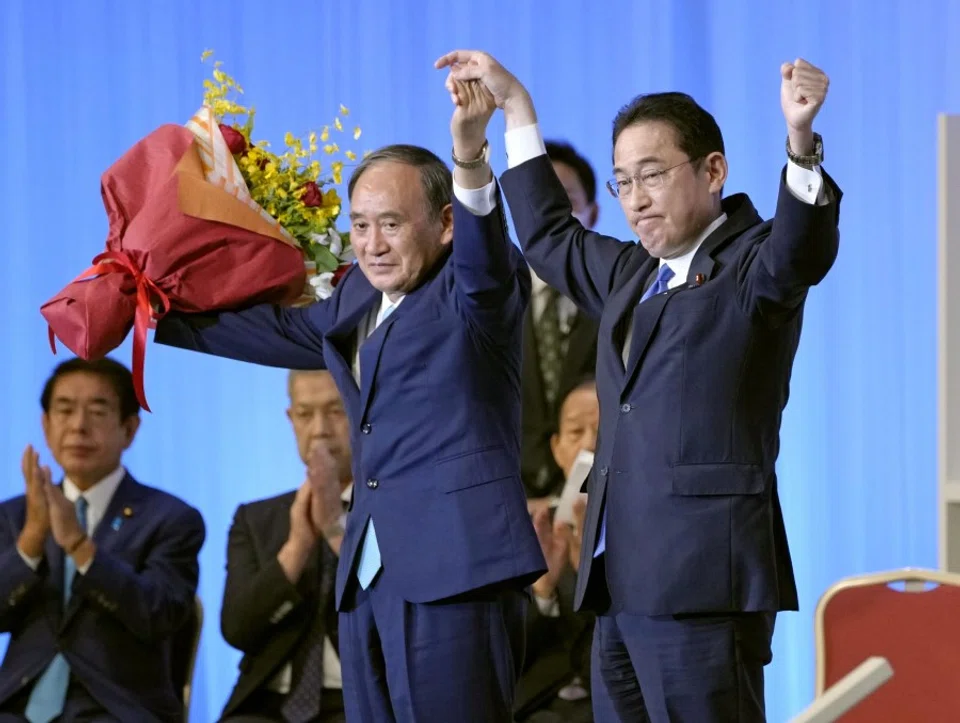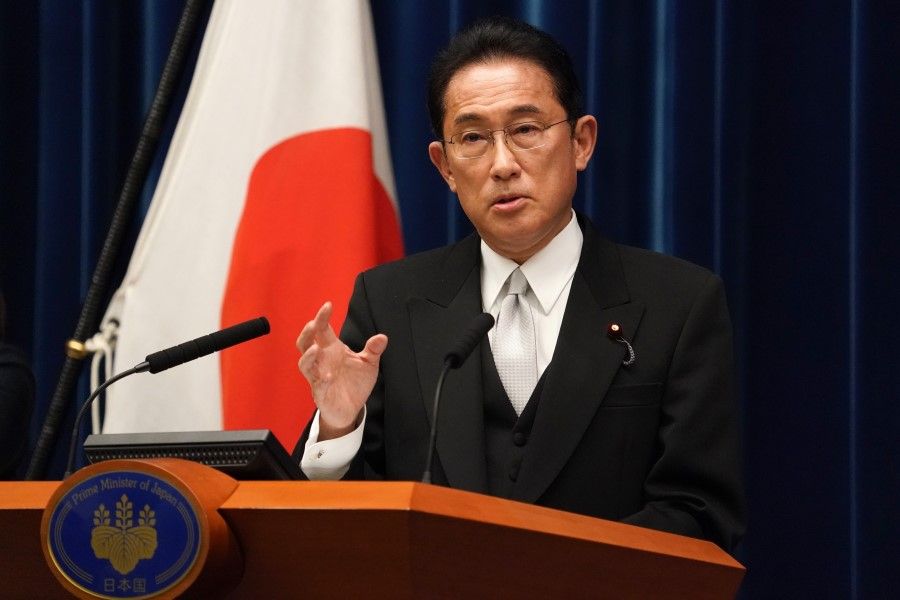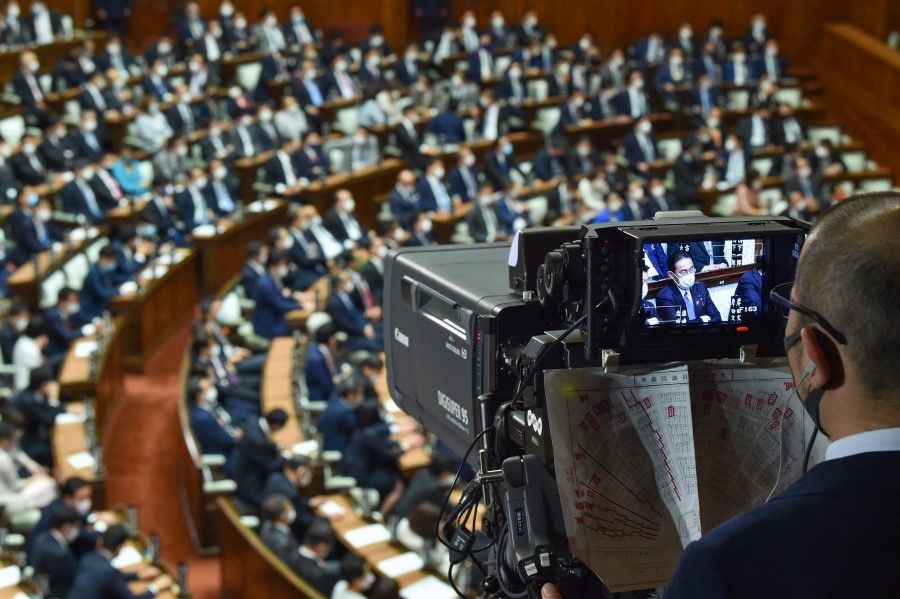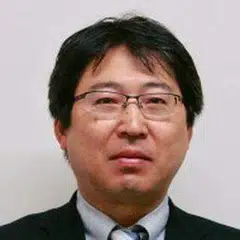Will the new Japanese PM Kishida do better than his predecessor Suga in foreign relations?

The Liberal Democratic Party of Japan (LDP) has elected Fumio Kishida, a member of the lower house of the Diet, as its new president. Japan adopts a Parliamentary Cabinet system, so the leader of the ruling party becomes the prime minister. The fact that the LDP is the ruling party makes the presidential election of the LDP effectively an election to choose the next prime minister.
On 30 September, LDP president Yoshihide Suga was replaced by Kishida. Thereafter on 4 October, Kishida was elected prime minister at an extraordinary Diet session. The lower house general election is scheduled to be held on 31 October, and it is unthinkable that the LDP will be defeated in that general election and cease to be the ruling party. It is therefore likely that the Kishida Cabinet established on 4 October will remain in place even after the lower house general election, albeit with a Cabinet reshuffle.
No major changes or adjustments are anticipated with respect to strategies and alliances such as the Free and Open Indo-Pacific or the Quad.
Three factors determining new Japanese PM's foreign policy considerations
The foreign policy of the new Kishida administration has three important aspects. The first is the diplomatic stance of the new prime minister himself, a former foreign minister. Essentially, Prime Minister Kishida is a moderate.
While maintaining his basic stance of emphasising areas such as the Japan-US Alliance and economic relations with China, Kishida is likely to coordinate with foreign affairs officials and bureaucratic agencies such as the National Security Secretariat (NSS) when advancing Japan's foreign policy.
In terms of the foreign policy approaches themselves, Kishida is likely to continue to follow the line of the Abe and Suga administrations, given that he served as foreign minister in the administration of the former.

No major changes or adjustments are anticipated with respect to strategies and alliances such as the Free and Open Indo-Pacific or the Quad. However, with Japan gradually moving toward normalisation following the lifting of the state of emergency in all regions at the end of September, there is the issue of rebuilding foreign relations.
It remains to be seen how the Kishida administration will handle relations with China and South Korea. Just as the US is trying to promote dialogue and cooperation with China through areas such as climate change, it will be interesting to see if Japan will promote dialogue and cooperation with China in other areas, such as the CPTPP.
Japan's approach will be indicative of Kishida's background as a former foreign minister. His decision to retain Toshimitsu Motegi as foreign minister indicates that the Kishida administration will indeed continue holding the same line as former administrations.
...the Kishida administration's stance on foreign policy will be influenced by a conservative political group.
The second aspect relates to the process of electing Kishida in the LDP presidential election. In the first round of voting, one vote separated Kishida and Taro Kono, while in the second round of voting, the votes of the third-ranked Sanae Takaichi group and the fourth-ranked Seiko Noda group flowed to Kishida, resulting in an overwhelming victory for Kishida.
The Takaichi group in particular, which came in third, received a large number of votes. Specifically, the support of the LDP's largest Hosoda faction, with former Prime Minister Abe, in particular, throwing his weight behind Takaichi, was an important factor. It is therefore likely that the Kishida administration will be influenced to some extent by the Hosoda faction and to a lesser extent - although just how much is unclear - by the Takaichi group.
This means that the Kishida administration's stance on foreign policy will be influenced by a conservative political group. However, the Kishida administration will likely continue the foreign policy approaches of the Abe and Suga administrations.

The third aspect is the outcome of the lower house general election on 31 October. There is no doubt that the LDP will win and become the ruling party. However, if the LDP wins by a narrow margin, Kishida's ability to consolidate and integrate his power within the Diet will be reduced and coalition partner Komeito will have a greater voice. This could become a driving force for improved relations when it comes to Japan's Chine policy.
However, thus far, LDP Secretary-General Toshihiro Nikai has been the one to restrain conservative lawmakers in the LDP who support a hard stance against China. Kishida's decision to replace Nikai with Akira Amari, who attaches great importance to economic security, could be a destabilising factor for Sino-Japanese relations.
Although the Abe and Suga administrations were aligned in terms of their stance on policy, they differed significantly when it came to their actions.
Kishida will seek to formulate diplomatic policy by harnessing the staff of the Prime Minister's Office, bureaucrats of the Ministry of Foreign Affairs and the NSS, alongside Foreign Minister Motegi and other related cabinet ministers. The key to his success will be his ability to utilise top brains in the diplomacy and security fields.
Although the Abe and Suga administrations were aligned in terms of their stance on policy, they differed significantly when it came to their actions. One of the main reasons for this, aside from the impact of Covid-19, was Suga's inability to create a diplomatic and security team in the Prime Minister's Office to support his foreign policy.
In this respect, the future of the new Kishida administration will be closely watched as it enters the post Covid-19 era.
Related: How will the Liberal Democratic Party's presidential election affect Japan's China policy? | Cancelling Xi Jinping's visit to Japan? Vested interests split views of Japanese politicians | Japanese academic: Has Japan 'crossed the Rubicon' in Japan-China relations? | Post-Abe: Japan's first-rate society will be ballast for stable China-Japan relations
